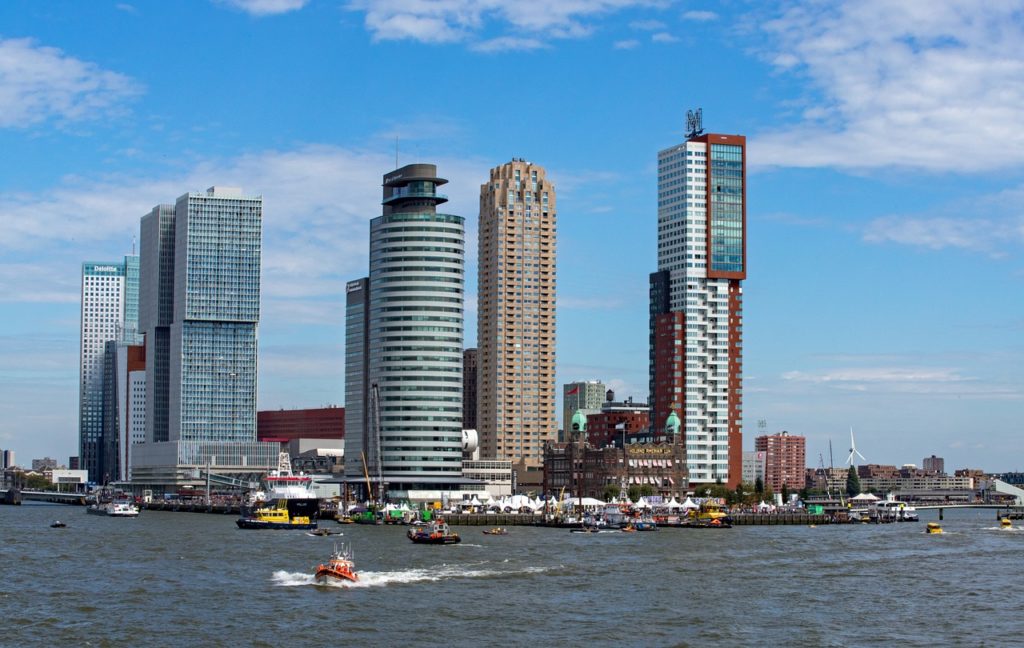As Belgian cities gear up to introduce or strengthen their low-emissions zones (LEZ) the city council of Rotterdam in the Netherlands has decided its LEZ, known there as the environmental zone, will no longer be in operation from 1 January, Bruzz reports. The reason: “We achieved our objective,” according to councillor for mobility Judith Bokhove (GroenLinks).
From the New Year, Rotterdam will again allow older more polluting diesel vehicles into the city, for the simple reason that there are so few left.
Rotterdam introduced its LEZ in 2016, two years before Brussels. Since then, the number of polluting diesel cars has fallen precipitously: of around 250,000 cars in the city, only 1,700 are now of the most polluting sort. “And those are mainly classic cars whose owners are determined to keep them,” Bokhove said.
That cut was achieved by the city offering a premium of €1,000 to €2,000 to anyone giving up an older car – and the city’s pockets were deep enough to pay up to €6,500 if the owner went on to buy a car running on gas or electricity. Much more, in other words, than most could hope to get when selling the old car on the second-hand market. Some 5,300 people took advantage of the offer.
Now that the traffic in the city is now almost entirely low-emissions, the council sees no need to continue with the ban.
“The repressive measure could have kept on running in parallel, but the city council preferred to go with positive enticements,” Bokhove said. “And we’re not worried that polluting cars will come back to the city, because we’re coupling Rotterdam’s parking policy to our emissions standards.” Put simply: old cars, classics or not, are simply not allowed to park in Rotterdam.
Policy will in future take a more cooperative form, for example with agreements between the city and businesses to have stock delivered using electric vehicles, by providing more room for other modes of transport, cleaner public transport and shared vehicles. One lane of the much-used Maas tunnel will be reserved for electric buses, trucks and vans.
The Belgian Petroleum Federation, which represents the fossil fuel industry, said it was hopeful that Belgian cities might one day follow Rotterdam’s example.
“The maintenance of the ban on fossil fuels has long been a headache for us,” said spokesperson Jean-Benoît Schrans. “The discussion should not be about removing diesel from the number of cars in use, because modern diesel cars are already future-proof.”
A view contested by Cathy Macharis, a mobility expert at the Free University of Brussels (VUB). “The use of fossil fuels will always be polluting,” she told Bruzz. “Diesel cars have made some progress, but it’s not possible to imagine some time in the future when they no longer have emissions. And that position forgets the spread of carbon dioxide. That is also responsible for climate change, and so causes indirect damage. When you take into account all the parameters, like the production of batteries, an electric car will always be four time as environmentally-friendly as a diesel car. And in comparison to a petrol-driven car, the comparison is more like five to one.”
Alan Hope
The Brussels Times

